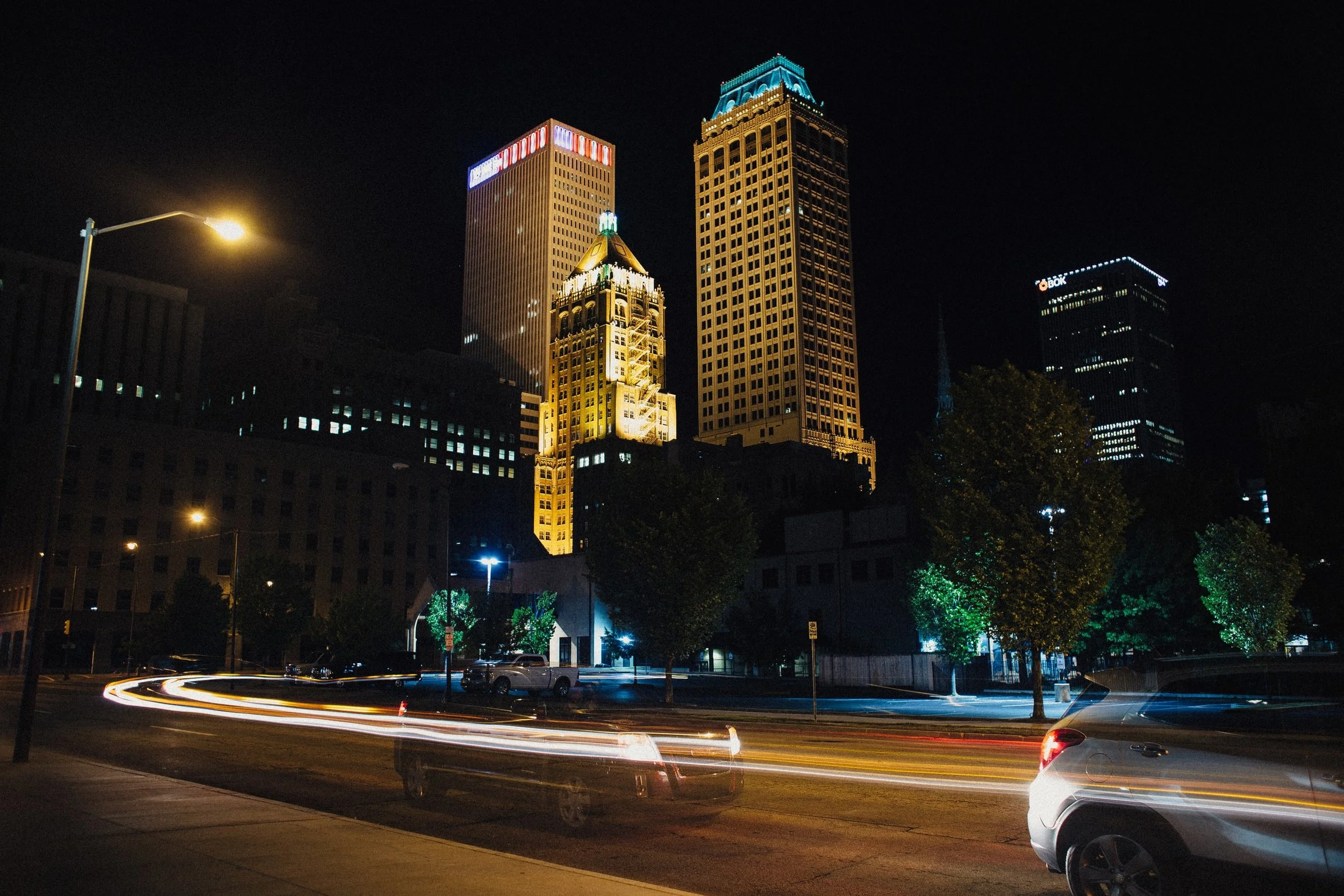Wichita is spending $45,000 to repave a road. While that might not seem like a lot, sometimes it’s the small projects that reveal where our city’s spending priorities are—and where they should be.
Read MoreFor a traffic engineer, to be conservative in your design is to spend extra money building capacity you don’t really need. The spiraling costs of this approach are enormous.
Read MoreCommunities are stuck in a spiral of infrastructure spending. Who will stand up and say enough is enough?
Read MoreHint: even if you get a road for free, you still have to pay to maintain it.
Read MoreWide, straight, monumental streets have always served the interests of those in power. They allow for the mobilization of military force, subordinate the unplanned chaos of the city to grandiose visions, and have been used to dispossess and displace small businesses, the poor, and racial and political minorities.
Read MoreResidents in cities across the country are coming face to face with the reality that they can't have functioning roads without paying for them, and that bill comes due more often than they might like.
Read MoreMayor Steve Arnold of Fitchburg, WI is a Strong Towns member who is asking the hard questions about road funding and exposing the Growth Ponzi Scheme in his town. Unsurprisingly, it's a contentious conversation.
Read MoreLand use and transportation policies like zoning provide the pretense of order through artificial constructs that suppress the natural order. Moreover, they mask the incompetence of modern urban designers.
Read MoreSeveral states are choosing to un-pave their roads and replace them with gravel rather than spend money they don't have to fix them.
Read MoreEngineers are great at building roads, but we should never ask them to build our streets.
Read MoreProposed changes to federal rules on congestion mitigation reaffirm that real responses to the complex problems we face will only come from our cities, towns and neighborhoods.
Read MoreMinnesota leaders on both sides of the aisle need to examine the true costs of their transportation plans or they'll find themselves in serious debt for a system that hardly benefits the state.
Read MoreToday we're sharing a fascinating, educational and free tool that you can use to compare transportation spending in all fifty states.
Read MoreWould it be possible to design a street that is unbiased towards any specific mode of transportation?
Read MoreThe concept of a special assessment contains little dark secrets that city officials like to keep to themselves. The ability to assess the cost of maintenance -- a questionable concept at best -- is the only thing allowing many cities to avoid facing their true reality.
Read MoreFrom the small town of Republic, MO comes this story about a dangerous route to school that has resulted in dozens of accidents.
Read MoreIt might be role of O'Toole, and those who would follow him, to simply serve as a warning for others. That's a useful role in society.
Read MoreWhat would our neighborhoods look like if we voluntarily reduced the amount of infrastructure? This isn’t a purely academic question. As municipal, state, and federal budgets get squeezed there’s going to be a point at which we have no choice but to stop building new roads and even reduce the amount of maintenance on the roads we already have. We could approach this situation with dread and a sense of loss, or we could embrace it as an opportunity to get a better quality of life for a whole lot less money.
Read MoreWhy is the United States government or even the state of Connecticut considering spending any money at all on a roadway project that is so clearly local?
Read MoreForgiving design principles that traffic engineers employ have replaced the “that’s what kids do” burden on the driver with a “that’s what drivers do” burden on all of society. If we want to make our cities prosperous again, we have to return that burden to the driver. Not just at intersections. Not just where there are properly specified signs. It is their burden, their responsibility, everywhere, all the time. Period.
Read More



















